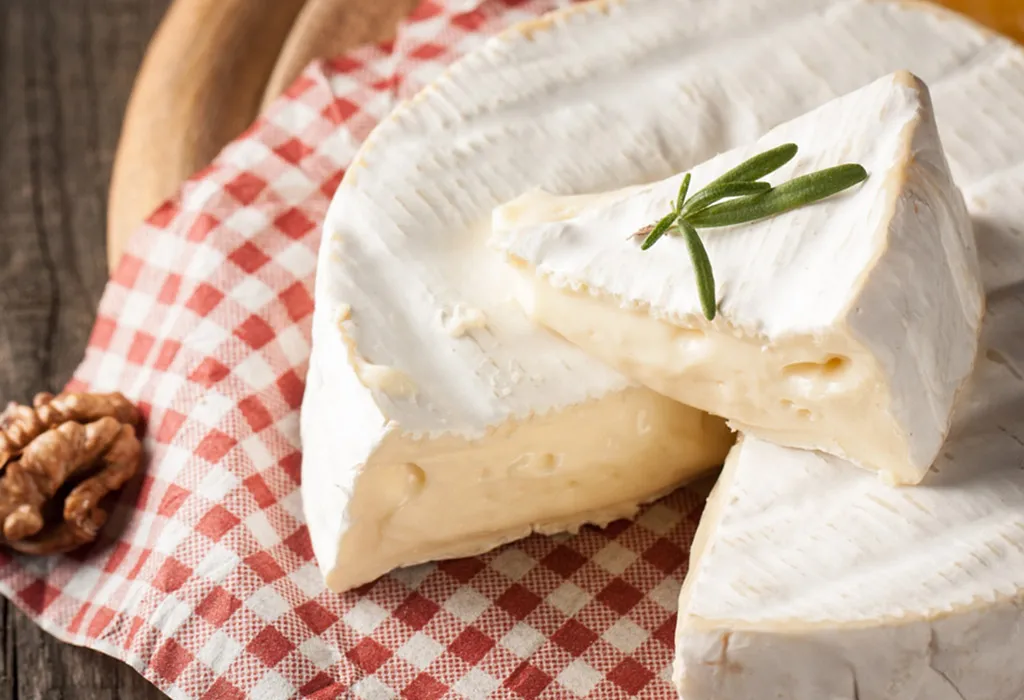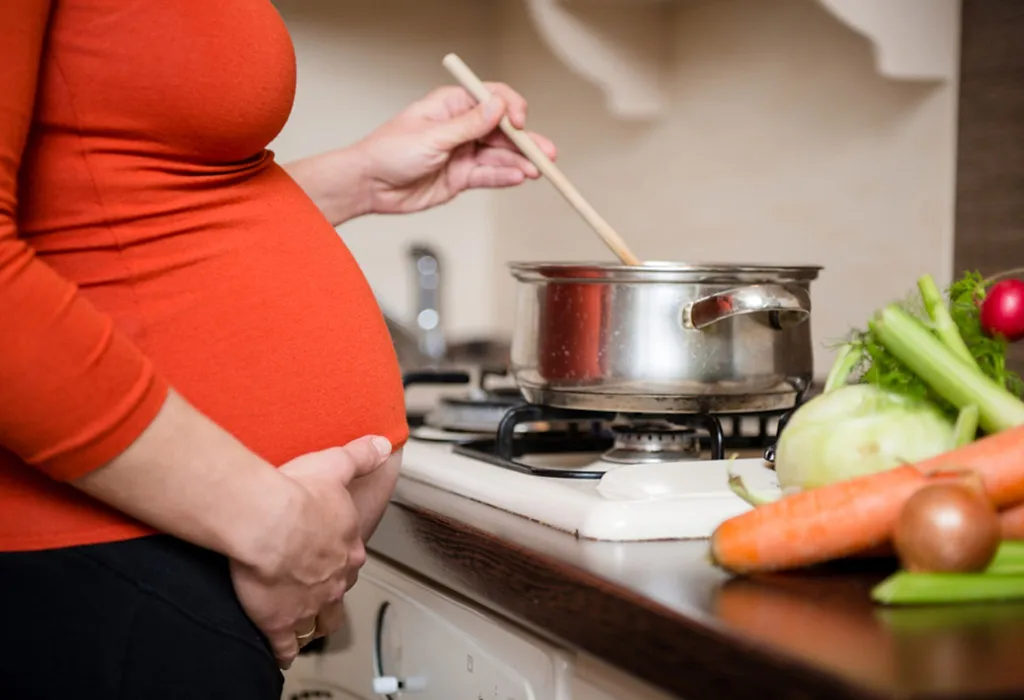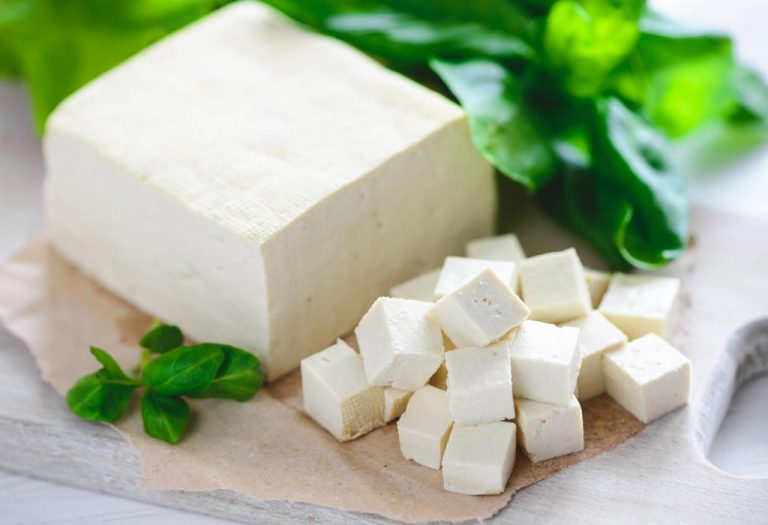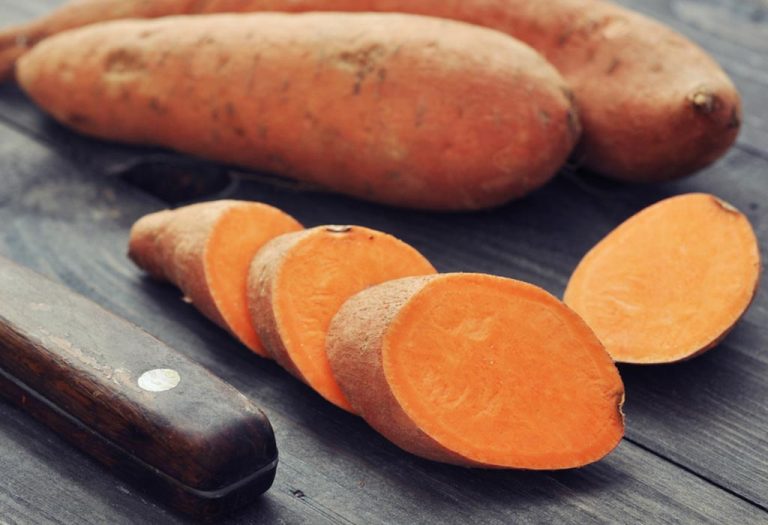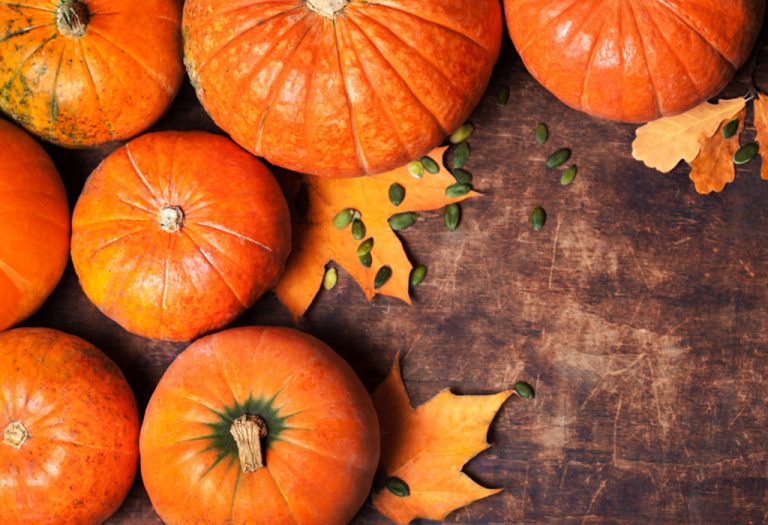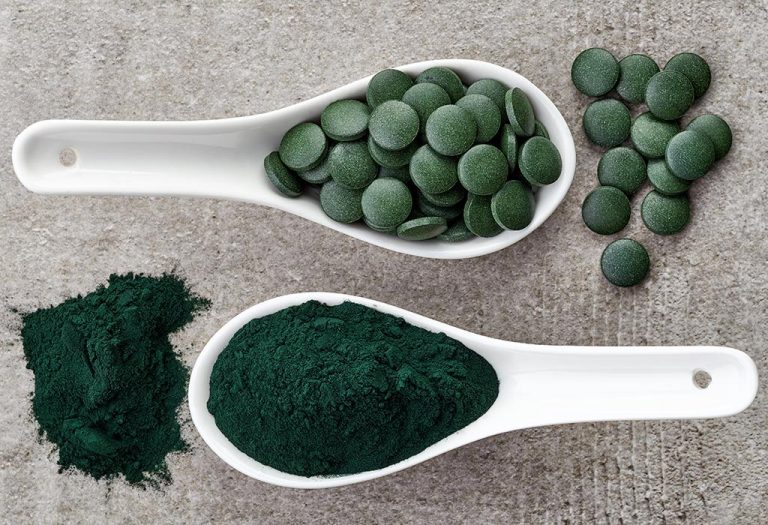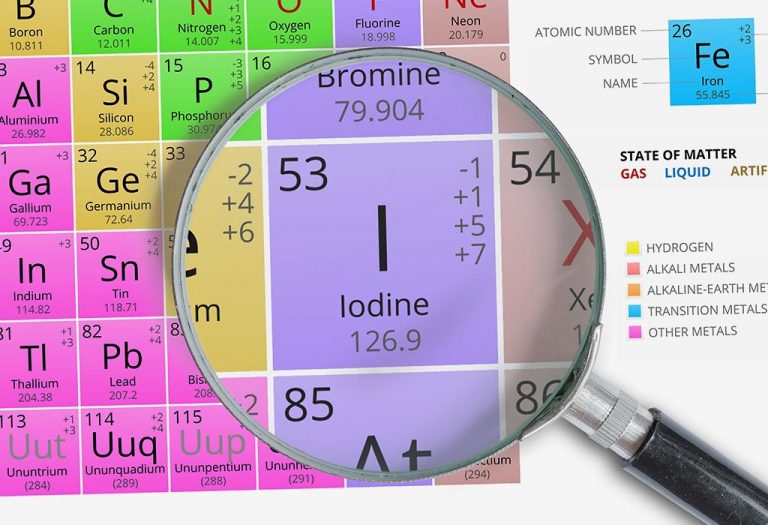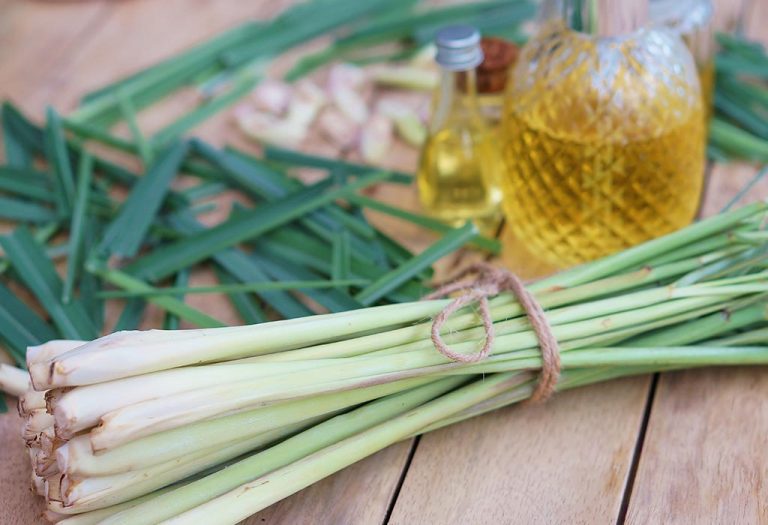Cheese During Pregnancy – What’s Safe and What’s Not
Enjoy cheese in pregnancy by choosing pasteurized types for vital nutrients while avoiding soft unpasteurized cheeses to reduce risks

Food aversions and cravings are a part of every woman’s pregnancy story. Craving is defined as ‘an uncontrollable urge to eat a food item’. You might crave one food for a few days and then develop an aversion to it a couple of weeks later. This is normal during pregnancy and nothing to worry about. However, some foods are considered unsafe for pregnant women and others that must be consumed with a great deal of moderation and caution. One such food is cheese during pregnancy, and many women notice that cheese in pregnancy becomes a common craving. Read on to find out more about pregnancy cravings for cheese and how to deal with them.
Is It Safe to Eat Cheese During Pregnancy?
Is cheese safe during pregnancy? Being a rich source of calcium along with protein and Vitamin B, cheese can help fulfil your daily nutritional requirements and aid in the development of your baby. But there are different types of cheeses available, and of these, some are not recommended for pregnant women (1). Some varieties, especially the softer variety can be unhealthy as they can contain microscopic organisms called listeria which lead to a condition called listeriosis (2). By choosing the right kind of cheeses, you can satisfy your cravings and avoid health issues.
Craving for Cheese During Pregnancy
Quite a few pregnant women crave cheese when pregnant. This is an indication that your body needs some extra protein and calcium to nurture your baby. It is best to satisfy these cravings with hard cheeses as well as dairy products like skimmed milk and even Greek yoghurt. While cheese is a rich source of calcium that is necessary for the development of your unborn baby, it can also have an adverse impact on your digestion leading to constipation if consumed in excess.
Benefits of Eating Cheese in Pregnancy
Cheese while pregnant offers several benefits, provided it’s consumed in safe forms and in moderation. Let’s explore some of the advantages of eating cheese during pregnancy .
1. Rich Source of Calcium and Protein
Cheese is an excellent source of calcium, which is crucial for developing the baby’s bones and teeth. It also provides a good amount of protein, aiding in the growth and repair of tissues in both the mother and the developing fetus (3).
2. Essential Vitamins and Minerals
Cheese contains essential vitamins and minerals like Vitamin D, phosphorus, and zinc. These nutrients play key roles in supporting the immune system, maintaining healthy bones, and promoting overall growth and development during pregnancy.
3. Supports Healthy Weight Gain
Cheese can be a nutritious way to support healthy weight gain during pregnancy. Its calorie content, along with its protein and fat, can help meet the increased energy demands of pregnancy without resorting to less healthy snack options.
4. Contributes to Gut Health
Some cheeses contain probiotics, which are beneficial bacteria that promote a healthy gut. A balanced gut microbiome can support overall digestion and may contribute to a healthier pregnancy experience (4).
5. Versatile and Convenient Snack
Cheese can be consumed in various forms and is a convenient snack option for pregnant women. It can be paired with fruits, whole grains, or vegetables to create balanced meals and snacks, providing a quick source of energy and nutrients.
Safe and Unsafe Cheese to Eat During Pregnancy
The unsafe cheeses are usually made from raw and unpasteurised milk which tend to have a higher concentration of listeria bacterium. If you do not know which milk the cheese has been made from, then it is best to refrain from consuming it. Here are some of the different varieties of cheese to eat and to avoid when pregnant.
Safe
All kinds of hard cheeses are deemed safe during pregnancy along with some of the other cheeses. You can satisfy your pregnancy cravings by consuming one of these (5) (6) (7):
- Hard Cheeses: These have a long maturation period and are firm in texture. They are normally made from pasteurised milk or cooked at extremely high temperatures which eliminate the danger of any bacteria being present. Cheddar, parmesan, and provolone are some varieties you can reach out for.
- Processed Soft Cheeses: Such cheeses have a soft and flexible texture but can also be watery or runny. Soft cheeses made from pasteurised milk can be safely eaten by pregnant women. Cheese spreads, cottage cheese, cream cheese, mozzarella, and ricotta, come under this category.
- Processed Cheeses: Made from modified natural cheeses, these might contain stabilisers, emulsifiers, and other additives. Since these cheeses are made with a method that involves heating, they are safe for pregnant women. But they rate low on the healthy eating scale due to the higher sodium content than natural cheeses.
Unsafe
There are some cheeses to avoid while pregnant. These are primarily soft cheeses and include (7):
- Unpasteurised Cheeses: Pasteurisation is a process that kills listeria. So, milk that has not been pasteurised might contain these bacteria. Feta, queso fresco, and Chabichou are some such cheeses. Blue-veined cheese like Roquefort, gorgonzola, and dolcelatte are also best avoided (8).
- Mould-Ripened Soft Cheeses: The moulds with which these cheeses are made might harbour listeria, and so it is best that you do not eat these. Brie, blue brie, and cambozola are some examples (9).
Does Eating Cheese Cause Listeria?
Listeria is a type of bacteria that is found in soft cheese and unpasteurised dairy products. Even if one variety of cheese has listeria in it, there is no way for you to know this. This is because the cheese will not smell or taste any different from cheese that is not contaminated. That said, there are quite a few other situations in which listeria thrive, and there is no way you can avoid all of these. Besides unpasteurised milk, listeria is present in vegetables and fruits that have not been washed well, raw meat, raw fruits and veggies, deli meats, and hot dogs. Listeria is also found in water and soil with many animals carrying this bacterium (10) (11).
Complication of Listeria
Symptoms of listeria may show up anytime from two days to two months after exposure. In healthy adults, there may be no symptoms at all while in pregnant women the symptoms might be mistaken for that of flu or cold. Symptoms include fever, headaches, muscle aches, chills, nausea, vomiting, stiff neck, and confusion (11).
Listeria can have an adverse impact on a pregnant woman as well as her unborn child. It might not always make you seriously ill, but the infection needs to be treated immediately (12) (13).
- The bacteria can affect the placenta or the amniotic fluid resulting in a miscarriage or stillbirth.
- In some pregnant women, listeria can lead to complications like bacterial meningitis and septicemia which is a serious bloodstream infection.
- Some infected babies might be born prematurely. Other babies infected in the womb might develop blood infections, fever, skin sores, and lesions on various organs or infections like meningitis that impact the central nervous system.
- At late-onset listeriosis, the baby appears fine at the time of birth but may start showing signs of infection after days or weeks of delivery. This happens when the infant has become infected during labour due to the presence of the bacteria in the cervix or vagina of the mother.
The prognosis of babies infected with listeria is not very bright as many succumb to the infection or suffer long-term health issues. According to a study, listeria infection has a fatality rate of 20 to 30 per cent. If detected early, it can be treated with antibiotics that can result in full recovery. Not all babies with mothers infected with listeria will develop problems.
Tips to Prevent Listeria
It is true that cooking tends to kill listeria. However, this is a very resilient strain of bacterium that can also breed in your freezer or the refrigerator. So, taking precautions to avoid ingesting this bacterium is how you can stay safe when pregnant. Here’s how you can do this (9) (10) (12).
- Be sure to wash your hands well after you’ve been out. Scrub with soap and if the soap is not available, use a hand sanitiser.
- Get only pasteurised dairy products.
- If you must eat soft cheese, cook it till it boils and consume it immediately. Do not refrigerate it after cooking.
- Cook all meats such as poultry, lamb and fish well before eating.
- Reheat leftovers thoroughly before consuming.
- Don’t keep food beyond its expiration date and this applies to cheeses also.
- Clean kitchen sponges and dishcloths regularly as they can be a breeding ground for listeria.
Listeria bacterium is so common that it might not be possible to avoid exposure fully. So, be sure to contact your doctor if you notice any unusual symptoms when pregnant.
FAQs
1. Is it safe to eat cheese with molds during pregnancy?
Cheeses with visible mold, like blue cheese and other soft cheeses with a moldy rind, should be avoided during pregnancy unless they are made from pasteurized milk. The mold in these cheeses can contain bacteria that could lead to foodborne illnesses. If in doubt, always check the label to confirm whether the cheese is pasteurised.
2. How much cheese is safe to eat during pregnancy?
Moderation is key when eating cheese during pregnancy. While cheese provides essential nutrients like calcium and protein, it also contains saturated fats and sodium, which should be consumed in limited amounts. A general guideline is to incorporate cheese as part of a balanced diet, aiming for about two to three servings of dairy products per day, which can include cheese, milk, or yogurt.
3. Can lactose-intolerant pregnant women eat cheese?
Pregnant women with lactose intolerance may be able to consume certain cheeses that are naturally lower in lactose. Hard cheeses like cheddar, Parmesan, and Swiss typically contain less lactose and can be easier to digest. However, it’s important to test tolerance levels with small amounts before consuming larger quantities. Alternatively, lactose-free cheese options are available and can be a suitable substitute during pregnancy (14).
4. Can you eat goat’s cheese?
Goat milk is a nutritious addition to any diet given the number of vitamins and minerals in it. It has fewer calories than cow’s milk and is a good alternative for those allergic to cow’s milk. However, goat cheese is a different story altogether. Known as chevre, this is a soft cheese made from moulds. It is commonly used in restaurants and is an ingredient in many types of cheese salads. This type of goat cheese should be avoided as it can cause Listeria. However, some recipes use cooked goat’s cheese, and this is safe for you when pregnant. Hard cheeses made from goat’s milk can also be eaten safely during pregnancy. Always check for allergies before eating goat’s milk cheese.
5. Can pregnant women eat cream cheese?
Yes, pregnant women can eat cream cheese as long as it is made from pasteurised milk, which is the case for most store-bought varieties. Pasteurised cream cheese for pregnancy is safe because the process kills harmful bacteria. Just be sure it’s fresh, properly stored, and consumed within its recommended shelf life.
6. Can I have Swiss cheese while pregnant?
Yes, Swiss cheese is generally safe to eat during pregnancy because it’s typically made from pasteurised milk and is a hard cheese, which naturally contains less moisture and is less likely to harbour harmful bacteria.
This was all about cheese and pregnancy. There is no way you can prevent cravings during your pregnancy or even control the type of food you crave. While cheese cravings might not be the best or safest, being cautious about what cheese you eat can stand you in good stead. Read the label and make an informed choice if you must satiate your cheese craving.
Disclaimer: This information is just a guide and not a substitute for medical advice from a qualified professional.
Also Read:
Sour Cream in Pregnancy
Can Pregnant Women Eat Pizza?
Eating Paneer during Pregnancy
Eating Feta Cheese during Pregnancy
Consuming Blue Goat Cheese while Pregnant
Was This Article Helpful?
Parenting is a huge responsibility, for you as a caregiver, but also for us as a parenting content platform. We understand that and take our responsibility of creating credible content seriously. FirstCry Parenting articles are written and published only after extensive research using factually sound references to deliver quality content that is accurate, validated by experts, and completely reliable. To understand how we go about creating content that is credible, read our editorial policy here.
1. NHS – Foods to avoid in pregnancy
2. Cleveland Clinic – Listeriosis
4. Cleveland Clinic – Is Cheese Good for You?
5. Centers for Disease Control and Prevention – Safer Food Choices for Pregnant Women
6. UMHS Algorithms – cheese list for pregnancy
7. NHS inform – Eating well in pregnancy
8. Nemours Kids Health – Why Are Pregnant Women Told to Avoid Feta Cheese?
9. Nemours Kids Health – Food Safety During Pregnancy
10. U.S. Food and Drug Administration – Listeria (Listeriosis)
12. PubMed Central – Listeriosis in Pregnancy: Diagnosis, Treatment, and Prevention
13. American College of Obstetricians and Gynecologists – Listeria and Pregnancy








